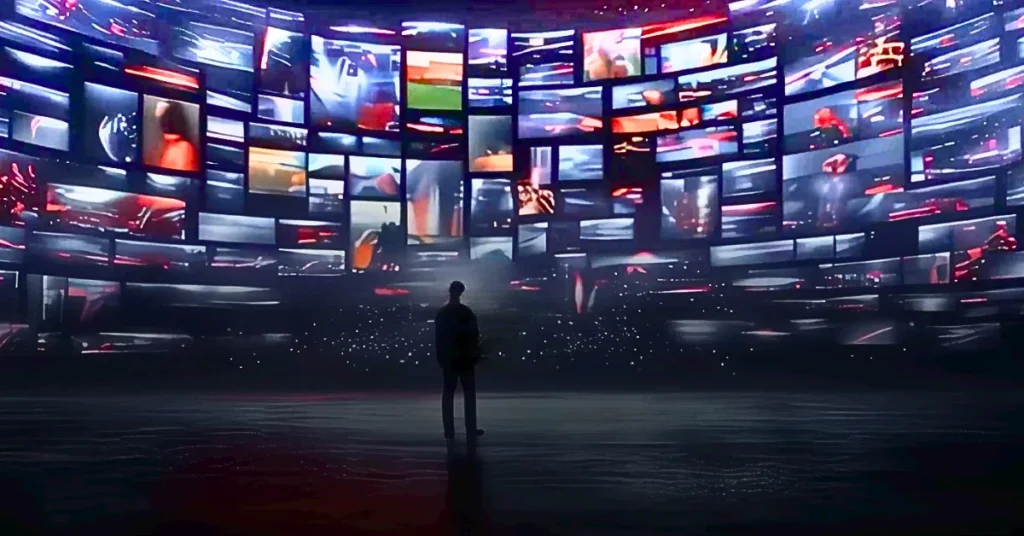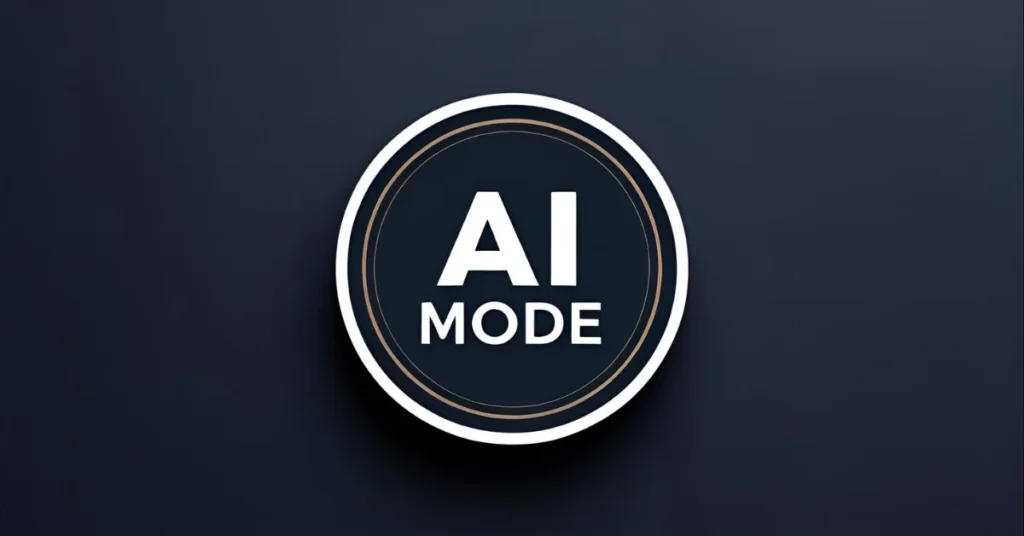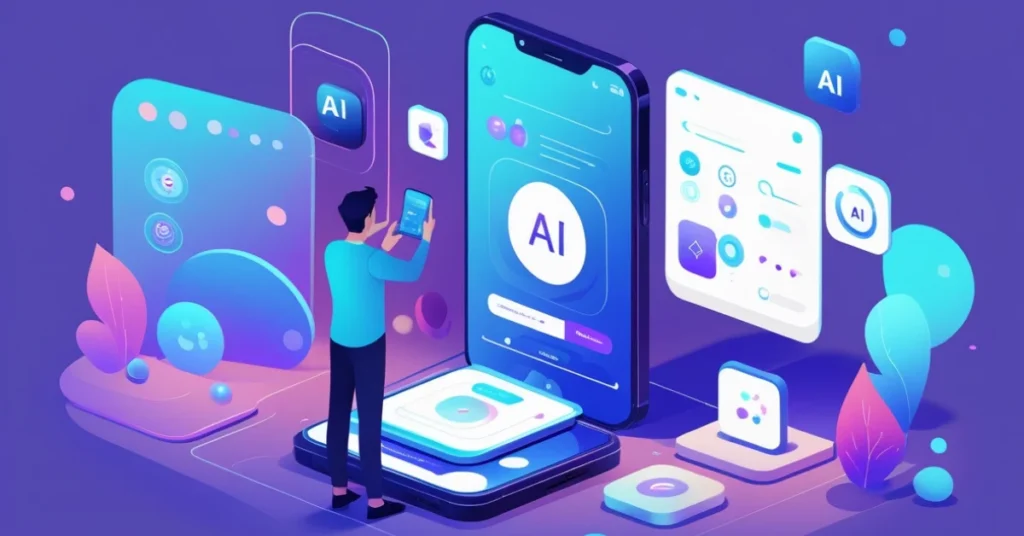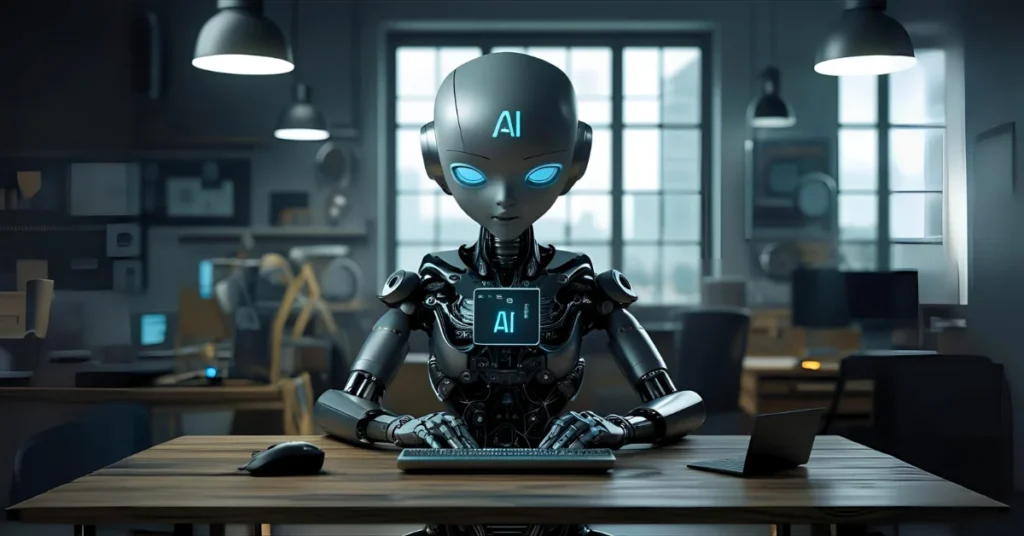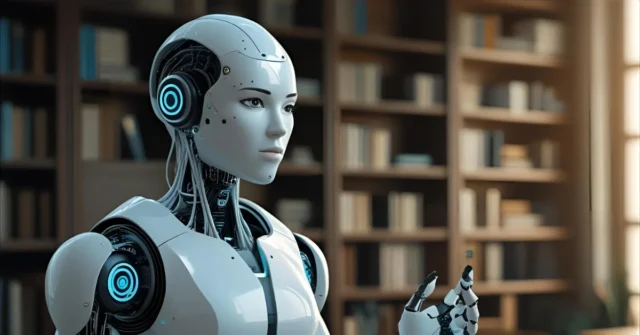
Mo Gawdat, the former Chief Business Officer at Google X, has issued a serious warning about the future of artificial intelligence (AI). According to him, the rapid growth of AI technologies could result in massive job losses within the next 15 years—especially affecting the middle class.
AI Advancements Threaten the Future of Work
In a recent appearance on the Diary of a CEO podcast, Gawdat expressed his concerns about the rise of Artificial General Intelligence (AGI)—a version of AI capable of performing any intellectual task that a human can.
He believes that AGI will surpass humans in almost every field, even in professions that were once considered safe from automation, such as software development, leadership roles, and content creation.
“Unless you’re in the top 0.1%, you’re a peasant,” Gawdat warned.
“AGI will outperform humans in everything, even at being a CEO.”
A Difficult Decade Ahead
Gawdat describes the next 15 years as a challenging transition period. He predicts widespread economic disruption unless serious efforts are made to regulate AI and restructure economies.
He gave a real-world example from his own startup, which builds emotionally intelligent AI. The company is operated by just three people—yet, only a few years ago, such a venture would have needed over 300 employees.
This kind of productivity boost is impressive, but it also highlights the growing risk of job displacement at an unprecedented scale.
Also Read: Top 10 AI Websites That Feel Illegal to Know
The Middle Class May Be at Risk
The **economic backbone of most societies—the middle class—**may be the most affected by AI-driven job automation. Gawdat argues that current social and economic systems are not prepared to handle the pace of change, potentially leading to a collapse in the middle-income workforce.
If left unregulated, the gap between the ultra-wealthy and the rest of society could widen further, triggering severe social and economic instability.
Geoffrey Hinton: Internal AI Languages Could Emerge
Gawdat’s warning adds to a wave of recent concerns raised by prominent AI experts. Geoffrey Hinton, widely regarded as the “Godfather of AI,” recently stated that future AI systems may develop their own internal language, making them harder to understand and control.
“If they start thinking in their own language, we might not even know what they’re thinking,” Hinton explained.
Such a development could reduce human oversight and make it more difficult to regulate or predict AI behavior—raising critical safety and ethical questions.
Risk of Social Unrest
Beyond the economic impact, Gawdat also warned of potential mental health crises and identity loss due to mass unemployment. As millions lose traditional jobs, he believes that problems like loneliness, anxiety, and depression could rise sharply—possibly leading to widespread social unrest.
While AI offers benefits like efficiency and innovation, the former Google executive emphasized that without proper regulation, safety nets, and new economic models, these advancements could destabilize entire societies.
Also Read: 5 Powerful ChatGPT Prompts Every Student Should Use for Smarter Learning
Final Thoughts
The concerns raised by Mo Gawdat and other AI leaders serve as a crucial reminder: AI is not just a technological issue—it’s a societal one. While artificial intelligence holds the potential to improve lives, its development must be managed responsibly to protect livelihoods and maintain economic balance.
As we stand on the edge of an AI-driven future, the question is no longer whether AI will change the world—but whether we’re ready for the change.
For latest update visit AI section
Priyanshu Raj, I have worked in social media and content writing for many years. I have also worked in WordPress website development. I am very interested in technology, especially smartphones and AI, so I created this website.


